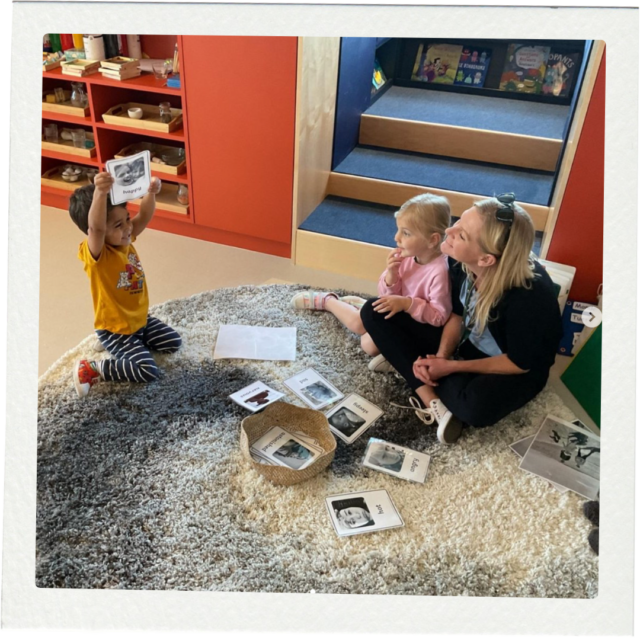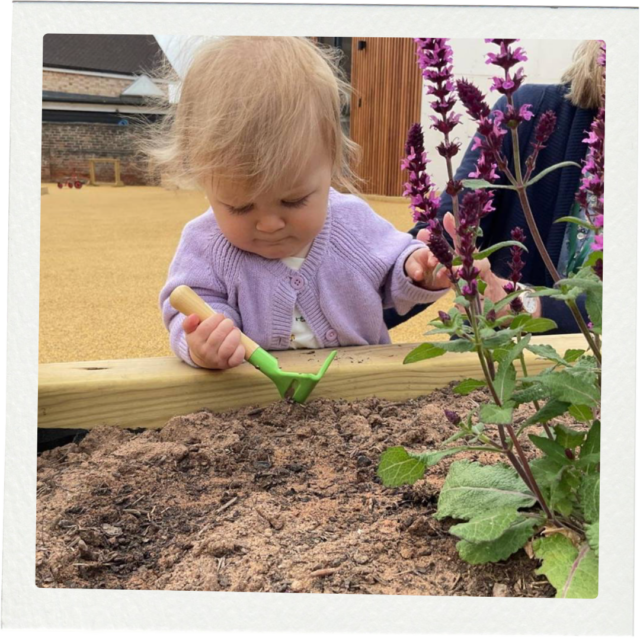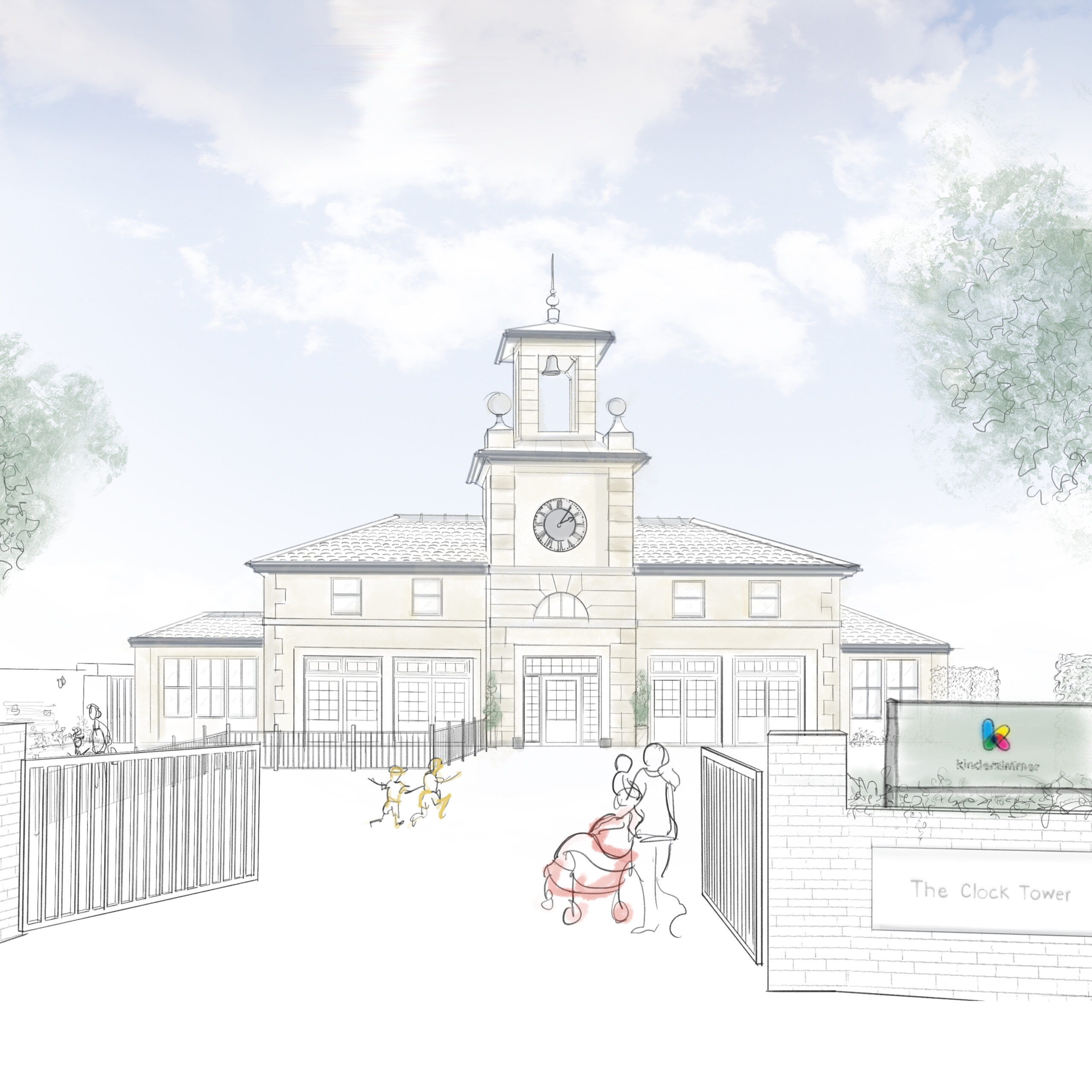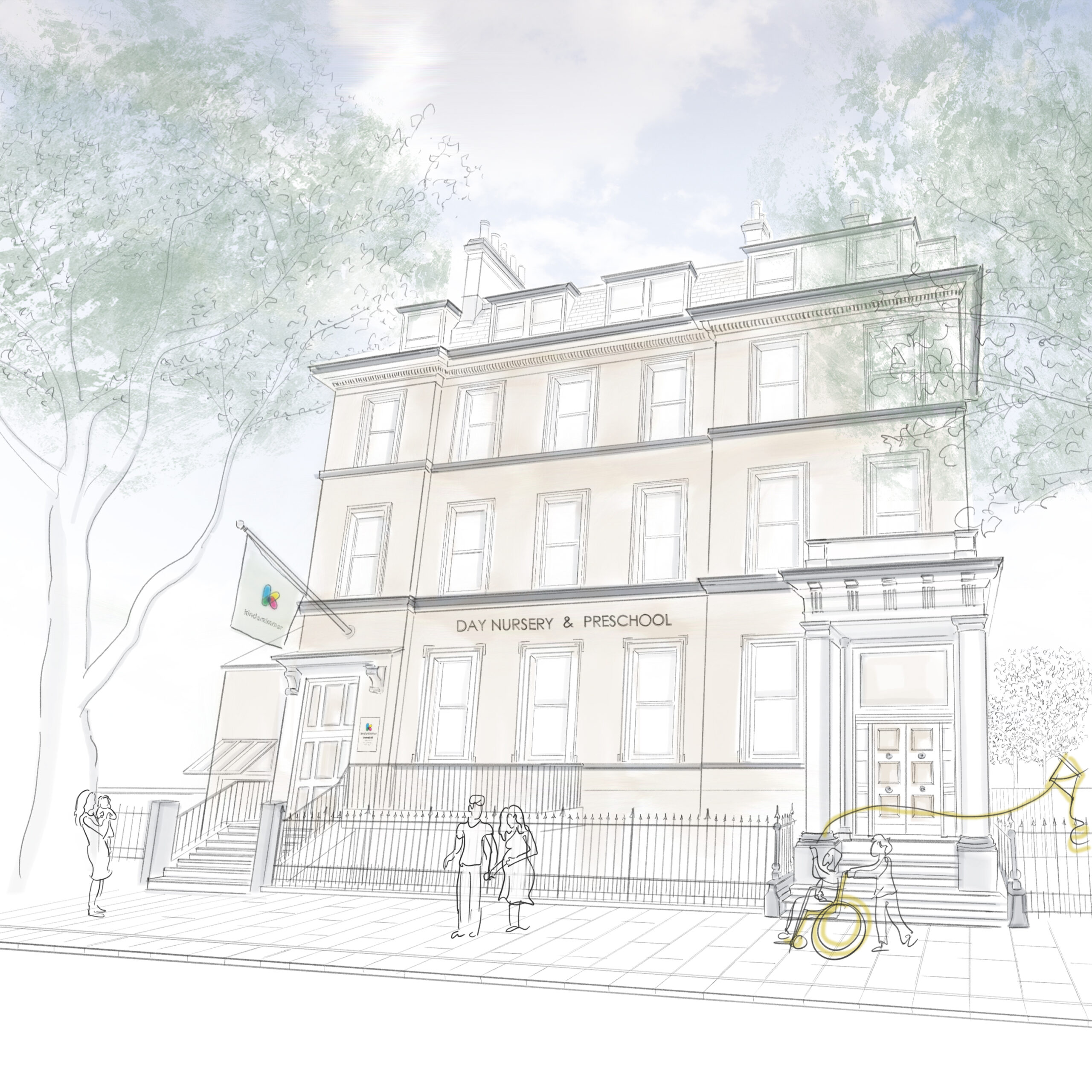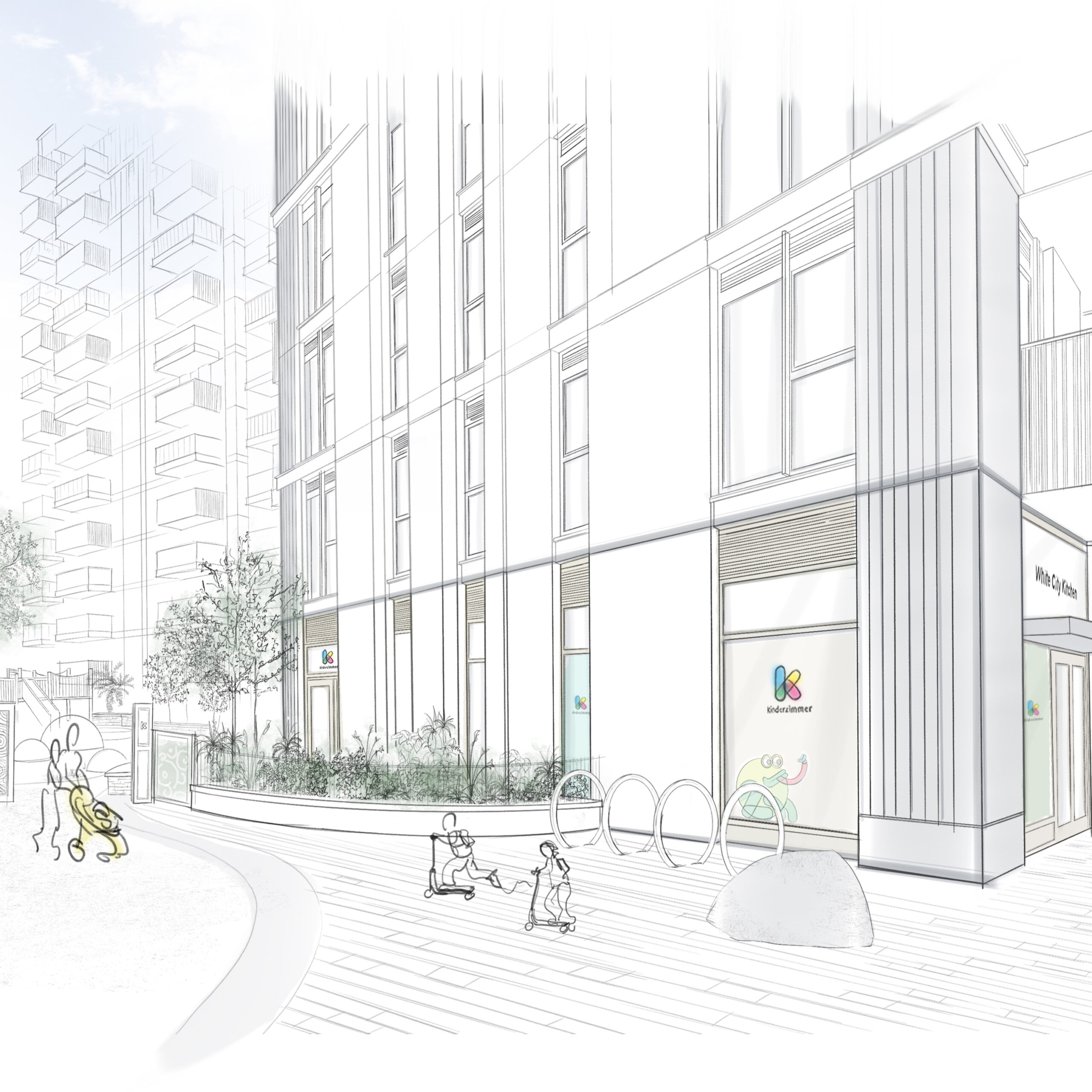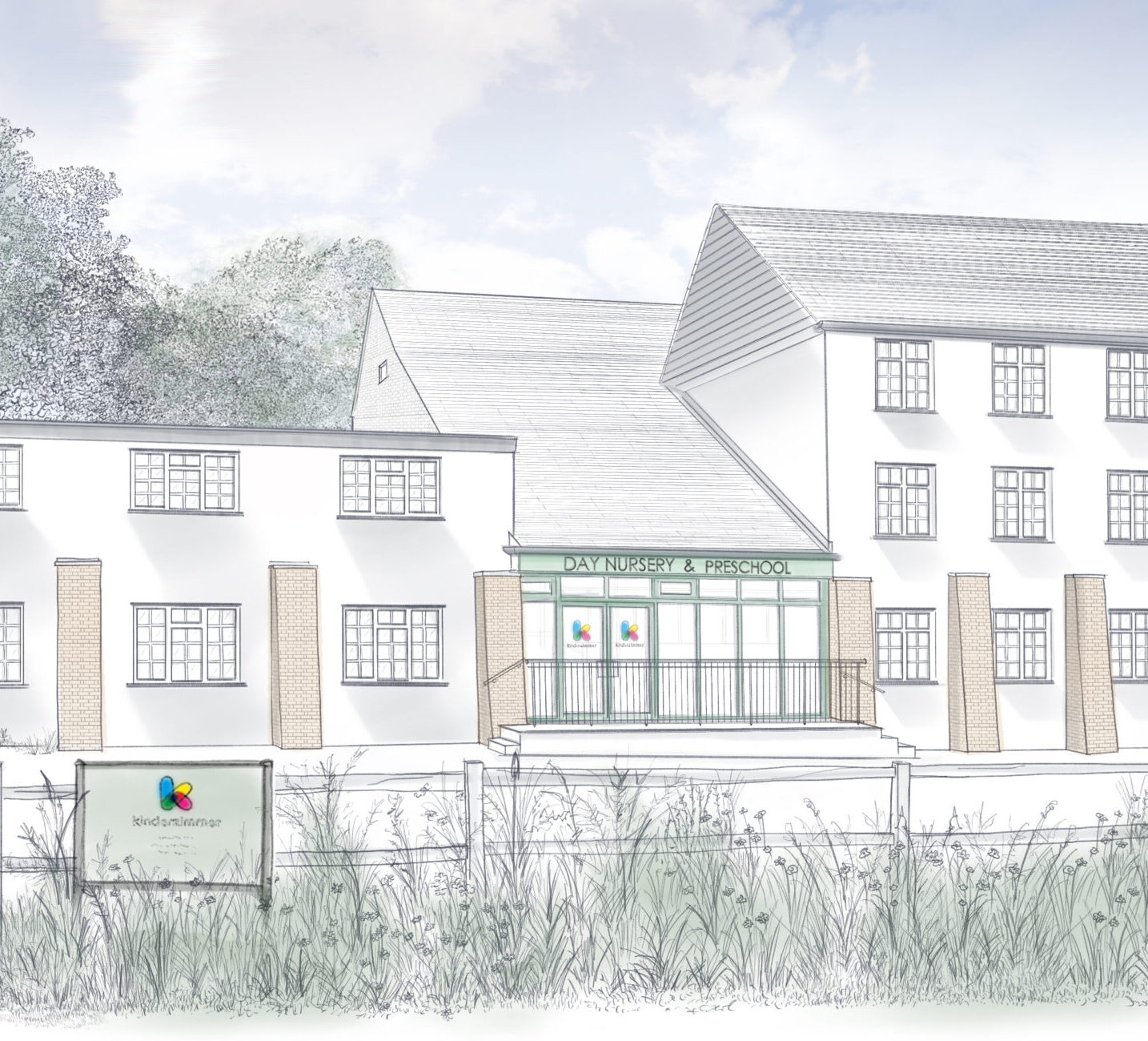Toddlers and Dysregulation: Causes and Calming Techniques – Helping parents navigate the tough moments.
14/04/25 Knowledge Base ParentingToddlers and Dysregulation: Causes and Calming Techniques – Helping parents navigate the tough moments
Toddlers being dysregulated is a natural part of early childhood development, yet they can be one of the most challenging aspects of parenting. Whether it’s a sudden outburst in the supermarket or a refusal to leave the park, these emotional moments can leave parents feeling frustrated and helpless. At kinderzimmer, we understand that these moments are not misbehaviour but a form of communication. By exploring the causes of children being dysregulated and using effective calming techniques, we can help children learn emotional regulation in a supportive and nurturing way.
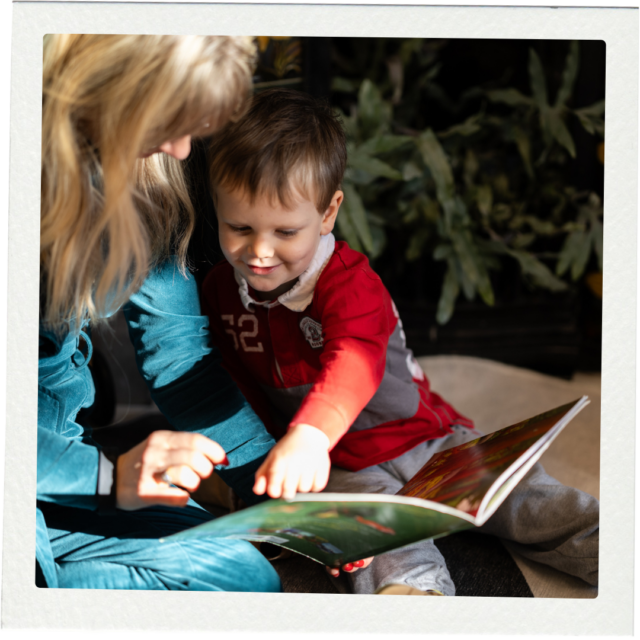
Why Do Toddlers Have Dysregulation?
Dysregulation and stressed behaviours are a child’s way of expressing overwhelming emotions when they lack the words or skills to cope. Several common triggers include:
1. Frustration & Limited Communication
At ages 1-3, toddlers understand more than they can express. When they struggle to communicate their needs, frustration can lead to a heightened emotional moment.
2. Overstimulation & Fatigue
Too much noise, bright lights, or social interaction can overwhelm a toddler, making it harder for them to regulate emotions.
3. Hunger & Low Blood Sugar
Toddlers may not recognise their hunger cues, leading to irritability and sudden stressed emotional behaviours.
4. Seeking Independence
As they grow, toddlers want to have the opportunity to try things their way as they grow in independence and confidence skills.
5. Big Emotions & Impulse Control
Toddlers experience strong emotions but have not yet developed the ability to manage them. This is part of normal brain development.
6. Brain Development at Age Two
Neuroscience shows us that around the age of two, a child’s brain undergoes a major developmental shift as new neural pathways are rapidly formed and old ones are reorganised. This process – often referred to as “neural pruning and rewiring” – can be both exciting and confusing for toddlers. As their brain builds new connections and begins to process information in more complex ways, children may experience emotional overwhelm and behavioural changes. This stage can be marked by sudden emotional outbursts or shifts in mood, as the child navigates new feelings and responses they do not yet understand or know how to manage.
Calming Techniques: How to Support Toddlers Emotions
At kinderzimmer, we use child centered emotion coaching, influenced by neuroscience principles and threaded into action by Steiner, Montessori and Froebel, to guide children through big emotions with empathy and structure. Here are some effective techniques:
1. Acknowledge Their Feelings
Instead of dismissing the dysregulation, validate your child’s emotions by saying, “I see that you’re upset. It’s okay to feel that way.” This helps them feel understood and secure.
2. Offer Choices
To support children’s need for independence, give two options: “Would you like to put on your shoes first or your coat?”. Simple choices empower them and reduce frustration.
3. Create a Calm-Down Space
Inspired by Steiner’s emphasis on a soothing environment, provide a quiet corner with soft cushions, books, and calming objects where children can regain control of their emotions.
4. Use Gentle Redirection
Rather than saying “no” frequently, guide your child towards positive behaviours. For example, if they throw a toy, say “Let’s throw a ball, if we throw the toy it might break and then you might feel sad.”
5. Encourage Sensory Play for Emotional Regulation
Froebel’s play-based philosophy highlights the role of hands-on experiences. Activities like water play, kneading dough, or playing with sand can help toddlers release tension and self-soothe.
6. Teach Simple Breathing Techniques
Show toddlers how to take deep breaths by pretending to blow out birthday candles or smell a flower. This Montessori-inspired method encourages self-regulation through mindfulness.
7. Maintain a Predictable Routine
Toddlers thrive on structure. Clear daily routines reduce anxiety and help them feel safe, decreasing the likelihood of tantrums.
When to Seek Additional Support
While heightened emotional moments are a normal developmental stage, frequent heightened moments may indicate underlying emotional needs. If emotions and behaviours seem to be escalating with the above principles consistently in place, kinderzimmer offers professional guidance and a nurturing environment tailored to each child’s growth.
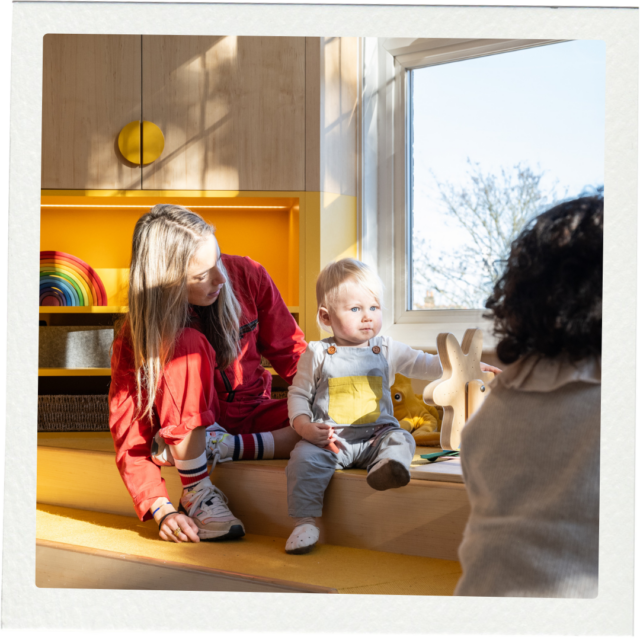
At kinderzimmer, we believe that with patience, understanding, and the right techniques, every child can learn to navigate their emotions. If you’d like to learn more about how we support children’s emotional development, enquire today to schedule a visit.
